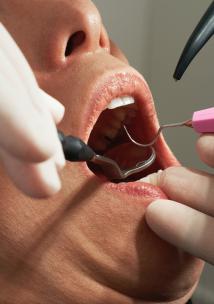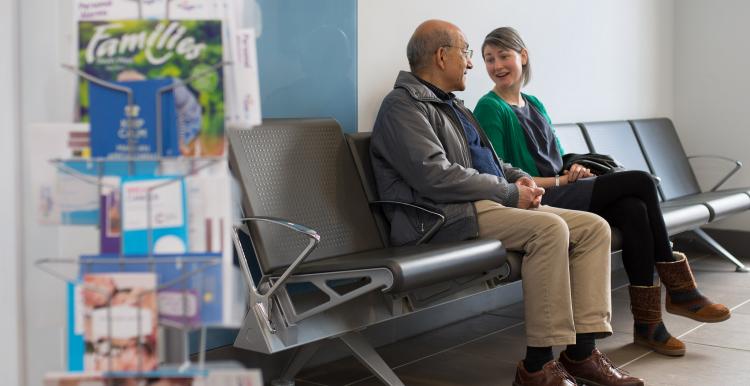Doctors and dentists: How to improve care and access for local residents

The research group is called a ‘Task and Finish Group’ or TGF for short. You’ll see this abbreviation throughout the report.
The research involved talking to healthcare professionals in doctor’s surgeries and dental practices, administration and reception staff dealing with patient needs on a daily basis, NHS managers responsible for planning health services locally and regionally, and patients.

Summary of the report
Doctor’s surgeries
The TFG found that doctor’s surgeries were generally working reasonably well, but with considerable differences between the 27 individual surgeries in Milton Keynes. Some provide a comprehensive service and employ a wide range of clinical professionals, and others provide a more limited service. Some surgeries are making good use of online and telephone systems for assessing patients’ needs when they call reception (sometimes called ‘triage’), appointments, and consultations whereas others do not.
There are also striking differences in the way that surgeries engage with their patients, with some receptionists well-trained in their role, responsive and alert to patient need, and others providing a very basic reception service.
This report contains many examples of what good general practice looks like, and we believe this should be the standard for all 27 surgeries in Milton Keynes. There is a need to improve patient understanding as to how best to communicate with their surgery. For example, what services are on offer, how they can be accessed?
Dentists
Nationally the picture is bleak, with child and adult patients unable to get NHS appointments for any dental work. The Covid pandemic, and the dental contract (the way that dentists get paid for seeing NHS patients) are variously blamed for this and both have probably contributed.
In Milton Keynes the situation is particularly poor, with dental access rates amongst the lowest in the East of England, and no NHS dentists willing to take on new adult patients.
Main recommendations
- There is strong evidence that adding fluoride to the water supply has huge oral health benefits particularly to children living in disadvantaged communities. The TGF recommended that the Council urge the Government and MK Members of Parliament to implement this as a priority.
2. BLMK Integrated Care Board should:
a) work with NHS Health Education England to increase the number of people training to be a dentist in MK.
b) work with the Council to increase the number of dental practices in MK.
c) explore opportunities to deliver a higher or further education dental education facility in Milton Keynes, using University of Buckingham Medical School and Milton Keynes University Hospital.
- Carry out more research to establish if transport barriers exist for patients trying to get to their doctor’s surgery, and explore potential solutions where needed.
- Carry out further research to explore whether more doctors/dental surgeries or premises are needed in Milton Keynes, whether ‘primary’ or ‘satellite’ as a way of increasing capacity.
